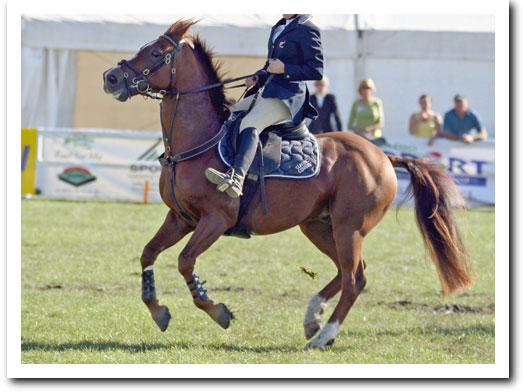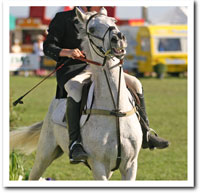Behavioural Problems: A New Perspective
Is my horse deliberately being ‘naughty’?
This is NEVER true.
Is it a people problem?
This is sometimes true and learning good horsemanship is an integral part of achieving calm, healthy horses.
Is the horse trying to tell you something?
Yes, this is always true and you need to take heed.
Overview
I love Dr. Deb Bennett’s saying:
“There is no such thing as resistance, only the desperate need for communication!”
How bad is it for the unfortunate horse, who has genuine pain or who is simply ‘not right’ and therefore cannot perform, but whose owner thinks the horse ‘has attitude’ and therefore toughens up, tightens up the noseband, adds more forceful gadgets, digs in the spurs and stings with the whip under the false idea that you can’t ‘let them get away with it’.
How tragic when it turns out to be the very grass the horse is eating that is the root cause of all the issues.
Does the horse’s problem stem from the diet?
This is true in an astounding number of cases, yet it is a cause that is completely over-looked. Whilst I have categorised the problems here so you can easily go to the ones that concern you and your horse, in many cases they are very easily remedied by a simple change of diet.
This can be hard to believe with the ‘musculoskeletal’ problems for instance because they appear to be ‘physical’ problems when in actual fact they can be physiological problems.
Over the years there has proven to be a strong correlation between the pasture the horse is eating and the raft of health and behavioural problems many horses exhibit.
Is it The Grass?
Changes in the chemistry of the grass cause changes in the chemistry of the horse which directly and adversely affect their nerves and muscles; hence the new term we have coined over the last 5 years:
‘Grass Affected’.
Some horses are only affected at certain times of the year, some chronically over years and some acutely with very sudden onset.
When normally amenable, quiet geldings become aggressive, when other horses become irrationally herd bound, others become nappy or spooky (when they were fine last week), others become belligerent, stubborn, resistant, then a person has to wonder why. Why do horse owners frequently experience unexplained changes in their horse's temperament and personality?
If you are like me and know for sure that horse do NOT 'plot against us' and are definitely NOT 'dirty', 'nutty', 'mongrels', 'bitches', 'pigs', 'have got attitude' (the list goes on!), then there must be other reasons for this kind of behaviour.
When I started out as a Horsemanship Instructor in 1996 I was taught that if horses had problems then it was really a ‘people’ problem. I thought that if the person improved their horsemanship skills then the horse problems would go away. How wrong this proved to be!
In the past if you had added them up, I would have spent hundreds of hours working through issues that I now know are caused by the diet.
A People Problem?
Back in the early days I had a horse that was very head-shy. I spent hundreds of hours working on this horse so that I might be able to safely throw the rope over his head. I broke the exercise down into the tiniest bite-sized chunks and diligently worked on the issue day after day.
Sometimes he would seem to get better and then he would get really bad again. If the rope or rein happened to land between his ears he would react violently, flying back absolutely terrified. I have since cured multiple horses completely of this same problem by doing absolutely nothing except changing their diet.
Click on “Solutions” for how to implement the recommended diet changes.
I can’t tell you how many times I have been rung by people who say their horse must have been abused in the past because they have become head-shy or touchy around their ears. We now know for sure that this is a grass related problem and it goes away all by itself when the diet is changed with zero work put in on the horse at all.
Read “An Ear-Shy Horse No More”
 Calm Healthy Horses
Calm Healthy Horses